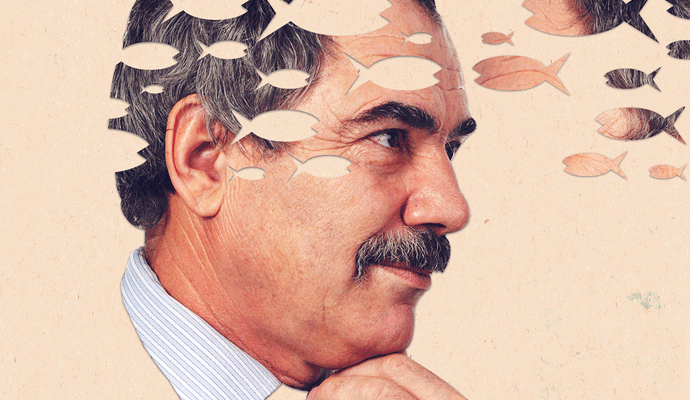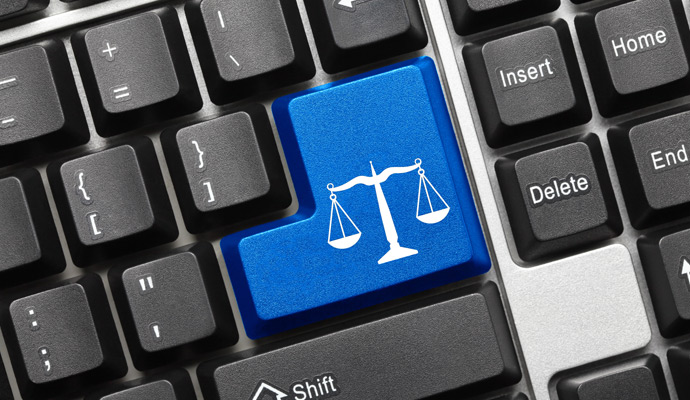How Unintentional Bias Can Affect Decision Making
Organizations should be aware of the biases that creep into decision making, and incorporate due diligence practices to avoid common ethical missteps.
Title:
See No Evil: When We Overlook Other People’s Unethical Behavior
Authors:
Francesca Gino, Don A. Moore, and Max H. Bazerman
Publisher:
Harvard Business School Negotiation, Organizations, and Markets Unit (NOM), Working Paper No. 08-045
Date Published:
January 2008
In today’s results-driven culture, in which both individual employees and company leaders are expected to do whatever it takes to succeed, do the ends justify the means? The authors of this study examine (1) situations in which individuals frequently turn a blind eye to questionable ethical behavior, (2) why they do this, and (3) the consequences of maintaining loose ethical standards. The authors pay particular attention to the widespread tendency to overlook unethical behavior despite recognizing that the oversight may harm them later. The authors also examine the speed with which people are forgiven for benefiting from unethical behavior, and how the tendency to value outcomes over processes can affect the ethical judgments of others.
Bottom Line:
Organizations should be aware of the biases toward success at any cost that unintentionally creep into decision making, and incorporate due diligence practices to avoid common ethical missteps.




